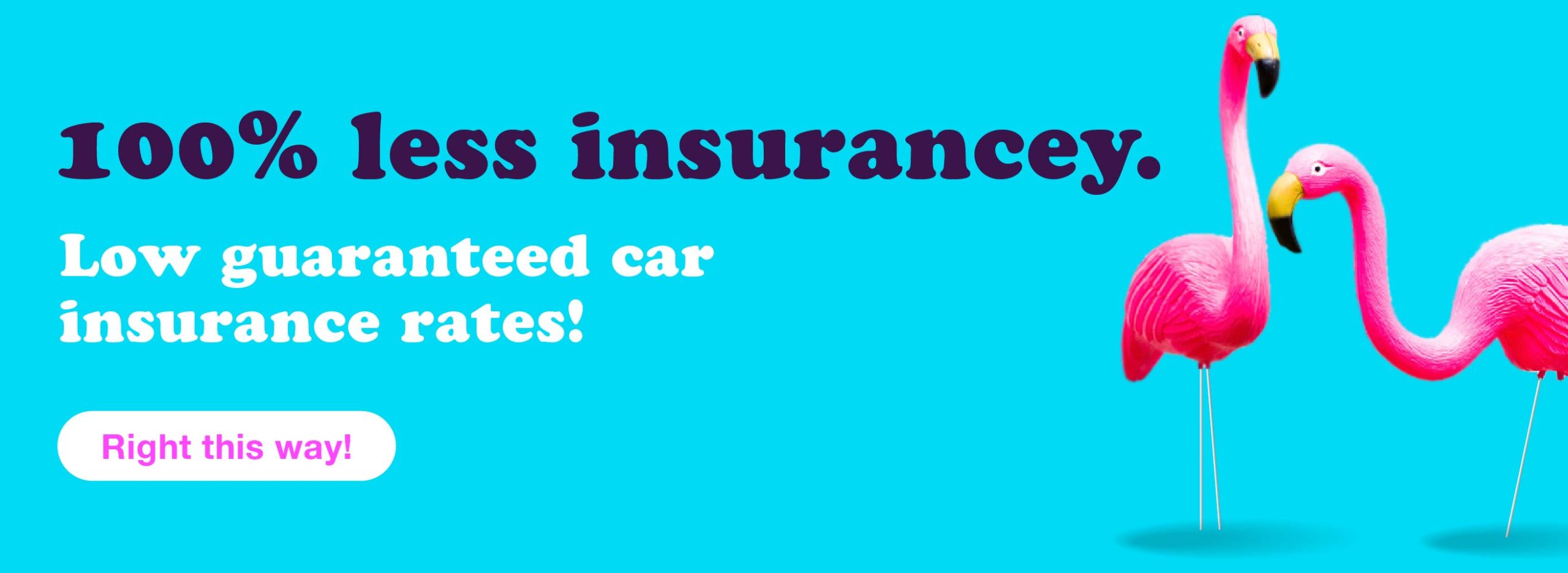Fashion comes and goes, especially when it comes to driving small cars vs. big cars. Remember your grandfather’s Oldsmobile? The one with the front seat that was big enough to fit four and felt more like a couch than a car?
We tend to feel safer in bigger cars, but driving larger vehicles doesn’t fit with everyone’s lifestyle or auto insurance needs.
Preferences around small cars vs. big cars
If you have children, chances are good that you’ve opted for a larger vehicle. You need to transport several people around town with a lot of stuff, including:
- Sports equipment
- Backpacks
- Games
- Toys
- Seasonal coats
- Snow pants
- Lunch boxes
A large car provides you with the room to get everyone where they need to go.
Another benefit of a large car is visibility. No one is going to claim they didn’t see you when you’re driving a full-size sport utility vehicle. A larger vehicle will generally have a high wheelbase, which means that your sight line is higher, letting you see further to anticipate potential dangers.
Big cars make us feel safe. There’s a natural insulation you feel when you are higher and bigger than others. Simply put, there’s more car to protect you and your passengers.
City driving vs. highway driving
Opinions vary on small cars vs. big cars for city driving. On the positive side, you have a longer sight line in bigger cars. You’ll be able to see the traffic coming from all directions.
But large cars can be awkward to maneuver around the city, too. Street parking can become particularly difficult, especially on main streets or when you need to parallel park. The introduction of the super compact vehicle (such as the Smart Car) introduced the convenience of zipping around a city and parking in places a standard or large sized car would never fit.
However, some drivers are more hesitant to drive those compact vehicles on Highway 401. Their small size reduces visibility to other drivers. This makes them more susceptible to wind buffeting, and provides less car to protect passengers from physical harm.
Even though the Smart Car earned the highest safety rating for its vehicle size and class, experts still say that bigger cars are safer in general. Remember that those safety ratings are relative to the car!
It’s more about how you drive, not what you drive
Regardless of whether you’re driving a Ford Ram or a sub-compact like the Chevrolet Spark, the way you drive affects others and will be the ultimate determining factor of your experience on the highway or in the city.
If you’re a cautious and defensive driver, then you can rely on your good record to contribute more toward good rates than the size of your car.
At the end of the day, following car safety tips like these will protect you more than the size of your car. There is certainly a comfort in the insulation of a large vehicle, but keep in mind that large vehicles create large impacts. Practicing safe driving habits in the city or on the highway is in the best interest of all drivers.
Check out auto quotes for different cars right here! Compare prices and pick the one that works best for you.






